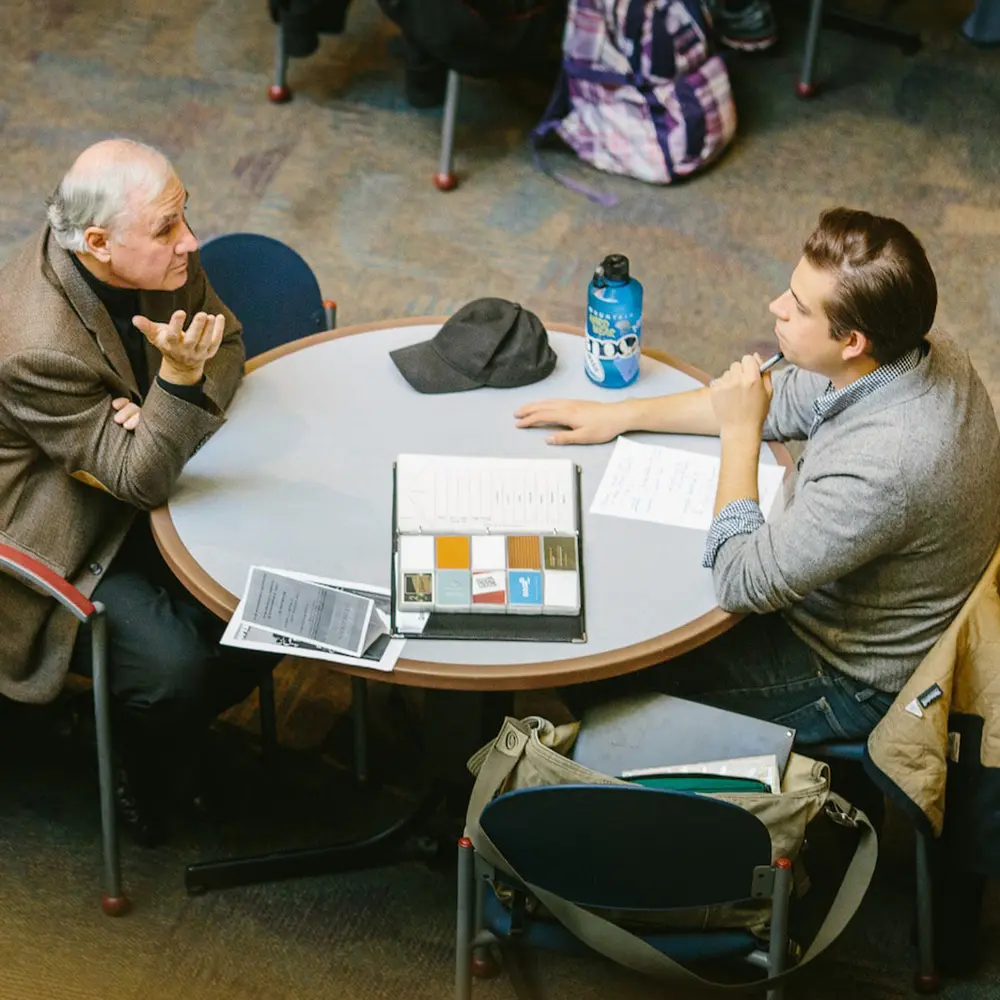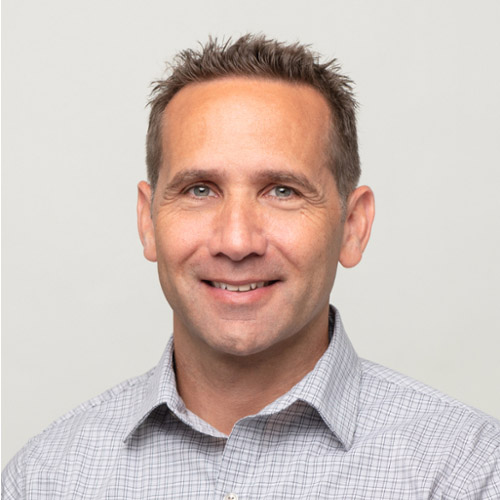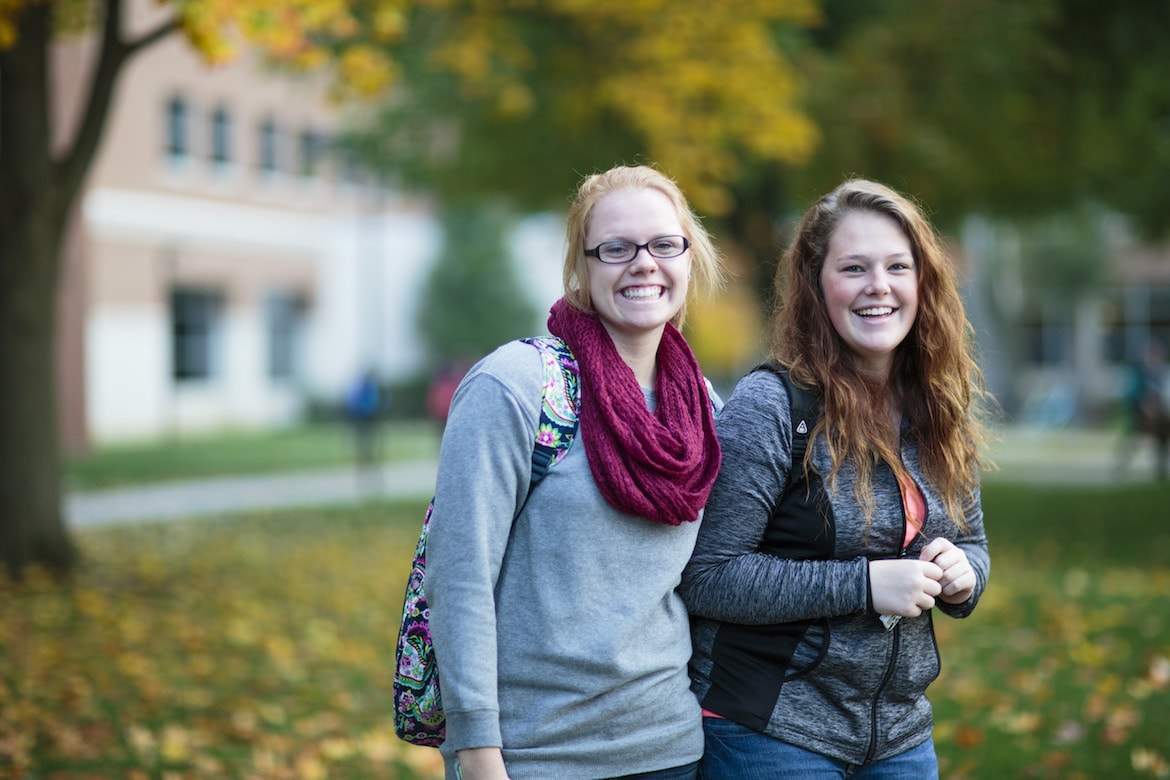Welcome to the Indiana Wesleyan University Division of Behavioral Sciences. Our division is the home for degrees in Addictions Counseling, Criminal Justice, Pre-Art Therapy, Psychology and Social Work. A minor or two-year associate degree is also available in Addictions Studies, Psychology and Sociology.
In every major, hands-on experience is a critical component. Our faculty members believe that one of the best ways to learn about a profession is to do it. They oversee and participate in multiple experiences, ranging from weekend trips to research projects to practicums to service-learning projects. They make sure there is always a close connection between what is happening in the classroom and what their students will be expected to do in their respective fields.
Becoming a part of the Behavioral Sciences program at Indiana Wesleyan University will give you the opportunity to continue learning after graduation. Faculty members encourage you to connect with professional businesses and engage in experiences that lead outside the university.


Timothy Steenbergh
Professor; Chair, Division of Behavioral Sciences
Dr. Steenbergh is a clinical psychologist who has served as a faculty member in the Division of Behavioral Sciences since 2003. He currently serves as Chair of the Division and teaches courses in Statistics and Abnormal Psychology. In 2016, he was named Research Fellow with the Lumen Research Institute and Excelsia College. Dr. Steenbergh has published research in the areas of addictive behaviors, medical education, and the use of mobile technology for the purpose of psychological assessment and intervention. Presently, he is working on research projects related to virtues and student success. Much of this work is in conjunction with the EMA Lab (www.emaresearch.org), which uses mobile technology to study and promote human flourishing.

Discover your God-given potential and begin impacting the world in Jesus' name through a degree in Behavioral Sciences!
At IWU, Behavioral Sciences students experience an education that does not end at the completion of a course or graduation from the major. We encourage our students to engage in memberships with professional organizations and take advantage of opportunities to continue learning outside the classrooms and beyond the university.
The purpose of the Psychology Club is to create community by connecting Psychology majors and friends together for fun and fellowship. The club also does outreach by compassionately touching the Marion community with the love of Christ and serving them in a meaningful manner. Members strive for academic development by pushing each other to pursue academic excellence to become competent in the psychology field.
Many opportunities are provided for friendship, fellowship and fun while engaging in planned meetings and events.
The following professional organizations are associated with our majors. All of our faculty members belong to several of these associations:
AACC is committed to assisting Christian counselors, the entire "community of care," licensed professionals, pastors, and lay church members with little or no formal training. It is their intention to equip clinical, pastoral and lay caregivers with biblical truth and psychosocial insights that minister to hurting persons and help them move to personal wholeness, interpersonal competence, mental stability and spiritual maturity.
APA is a scientific and professional organization that represents psychology in the United States. With more than 137,000 members, APA is the largest association of psychologists worldwide. The mission of APA is to advance the creation, communication and application of psychological knowledge to benefit society and improve people's lives.
NAADAC is the premier global organization of addiction-focused professionals who enhance the health and recovery of individuals, families and communities. The association's mission is to lead, unify and empower these professionals to achieve excellence through education, advocacy, knowledge, standards of practice, ethics, professional development and research.
ABCT is an interdisciplinary organization committed to the advancement of scientific approaches to the understanding and improvement of human functioning. These aims are achieved through the investigation and application of behavioral, cognitive and other evidence-based principles to assessment, prevention, treatment of human problems, and the enhancement of health and well-being.
BPD is a voluntary, individual membership association that represents the interests of undergraduate education and practice in social work. The association's approximately 800 members represent BSW program directors, baccalaureate faculty and field coordinators, and social work educators and practitioners who have an interest in BSW education and practice.
CAPS is a professional organization consisting of committed Christians who serve in the areas of psychology, social work, marriage and family therapy, clinical research, pastoral counseling, and more. CAPS exists to encourage understanding of the relationship between Christianity and the behavioral sciences; fellowship among Christians in psychology and related professions; the spiritual, emotional and professional well-being of its members; and educational and research opportunities that assist the profession and the community at large.
CSWE is a nonprofit national association representing more than 2,500 individual members, as well as graduate and undergraduate programs of professional social work education. This partnership of educational and professional institutions, social welfare agencies, and private citizens is recognized by the Council for Higher Education Accreditation as the sole accrediting agency for social work education in the United States.
The IAAP is a professional membership organization for those individuals and groups that seek to promote the provision of substance abuse counseling and addictions counseling throughout the state of Indiana.
NASP empowers school psychologists by advancing effective practices to improve students' learning, behavior and mental health, with a vision of helping all children and youth thrive in school, at home and throughout life.
NASW is the largest membership organization of professional social workers in the world, with 145,000 members. They work to enhance the professional growth and development of their members, to create and maintain professional standards, and to advance sound social policies.
NACSW equips its members to integrate Christian faith and professional social work practice. Their goal is to provide their members with the ability to tap the resources of faith to provide more effective and faithful social work services.